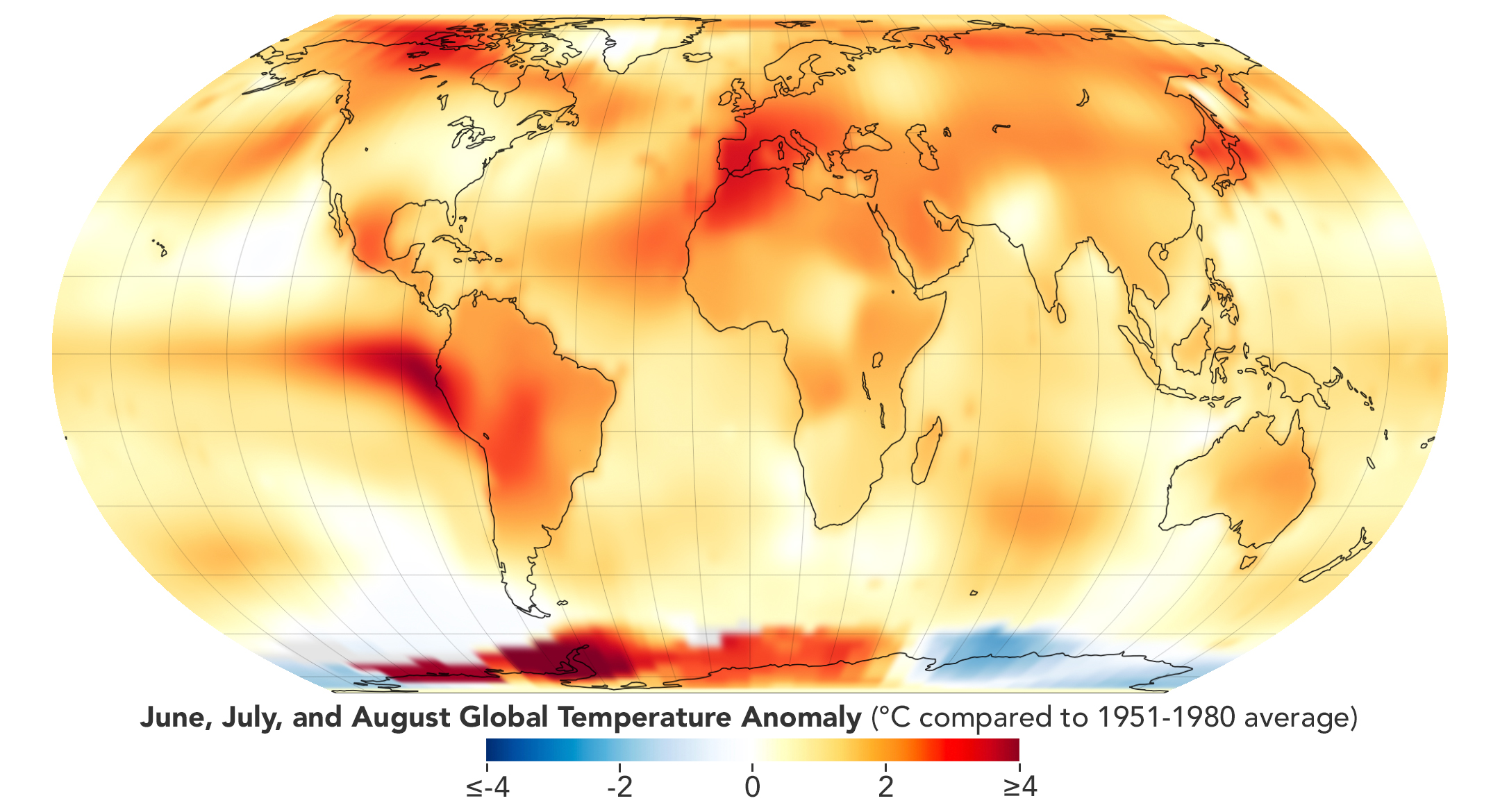Global temperatures have reached unprecedented levels in 2023, raising alarm bells among climate scientists worldwide. With an average increase of nearly 0.3°C compared to the previous year, this dramatic rise has left many experts puzzled about the underlying causes. Notably, James Hansen, a prominent climate scientist, indicated that this could signify the onset of a new phase in global warming, further accelerated by a decrease in air pollution. Gavin Schmidt, director of NASA’s Goddard Institute for Space Studies, has also pointed out that this unusual temperature spike might expose gaps in our current understanding of climate feedback mechanisms.
Recent research highlights the critical role of El Niño in driving these temperature anomalies. The tropical Pacific Ocean’s shifting conditions, particularly the transition from a prolonged La Niña phase to a strong El Niño event, have significant implications for global climate patterns. Traditionally, La Niña conditions occur when trade winds push warm surface waters towards Indonesia, allowing cooler, deeper waters to rise in the eastern Pacific. This process typically leads to lower global temperatures, creating a stark contrast with El Niño’s effects.
During an El Niño event, warmer waters are pushed back eastward, disrupting the ocean’s natural cooling effect. This phenomenon effectively “turns off” the ocean’s role as an “air conditioner,” leading to an increase in global temperatures. Studies led by Shiv Priyam Raghuraman at the University of Illinois Urbana-Champaign have further reinforced the connection between the end of La Niña and the emergence of a robust El Niño, attributing the spike in temperatures in 2023 to this climatic shift.
The implications of this temperature rise are profound, raising concerns about the accelerating effects of climate change and the urgent need for a deeper understanding of climate dynamics. As scientists continue to investigate the intricacies of these phenomena, the findings underscore the importance of monitoring both air pollution levels and oceanic conditions. Moving forward, addressing the challenges posed by climate change will require a collaborative global effort to enhance our understanding of these complex systems and implement effective mitigation strategies.


















